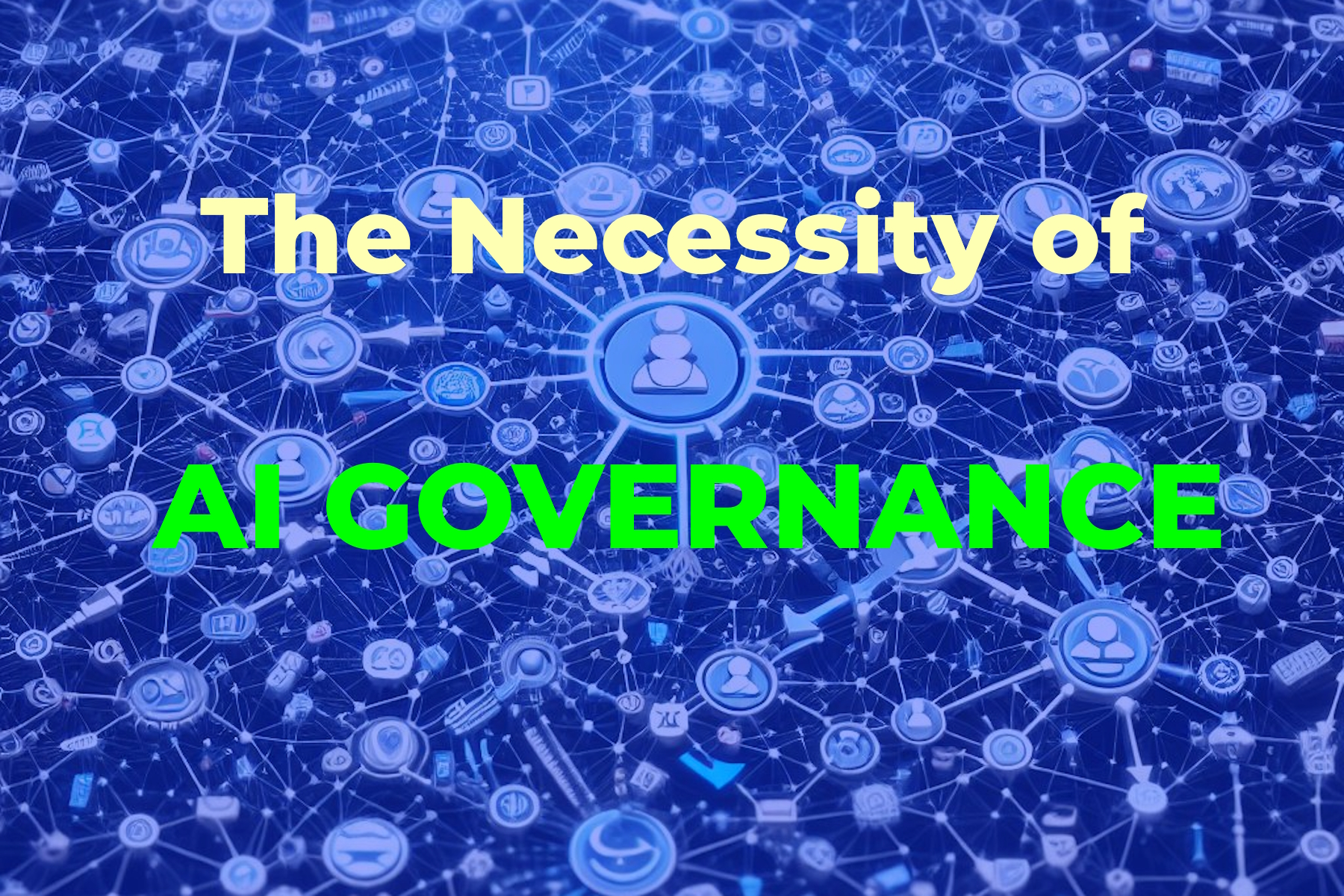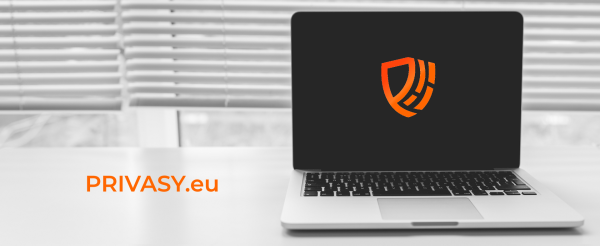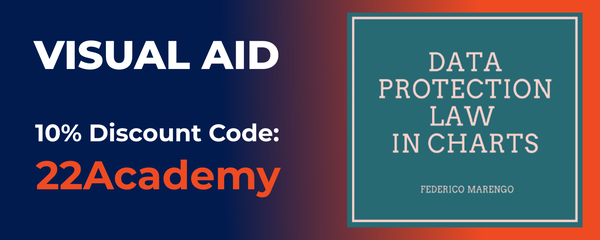The Necessity of AI Governance
We live in exciting times with the exponential growth of Artificial Intelligence developments, such as Chat-GPT and Bard. AI has the potential to revolutionize many aspects of our lives, from the way we work to the way we interact with the world around us. However, with great power comes great responsibility. While AI holds the promise of transforming various aspects of our lives, it also presents a set of inherent risks. These include unintentional biases and discrimination, privacy and security vulnerabilities, and the potential weaponization of AI.
AI governance is essential for mitigating the risks and maximizing the benefits of AI. AI governance is a framework of policies and procedures that ensure that AI systems are developed and used in a responsible and ethical manner. It is particularly important for personal data protection and privacy professionals to be involved in AI governance, as AI systems often collect and process large amounts of personal data.
This article will discuss the necessity of AI governance for personal data protection and privacy professionals. It will highlight some of the key benefits and risks of AI and explain how AI governance can help to mitigate the risks and maximize the benefits. It will also discuss the role of personal data protection and privacy professionals in AI governance and provide some specific examples of AI governance frameworks and initiatives.
By the end of this article, you will have a better understanding of the importance of AI governance, and the role that personal data protection and privacy professionals can play in promoting responsible and ethical AI governance.
Risks of AI without governance
AI has the potential to revolutionize many aspects of our lives, but it also poses a number of potential risks. Without appropriate governance, these risks could have significant negative consequences for i ndividuals, society, and the economy.
One of the biggest risks of AI without governance is unintentional bias and discrimination. AI systems are trained on data, and if that data is biased, the AI system will also be biased. This could lead to AI systems making decisions that are unfair and discriminatory, such as denying people jobs, loans, or insurance coverage based on factors such as race, gender, or religion.
Another risk of AI without governance is privacy and security vulnerabilities. AI systems often collect and process large amounts of personal data, which makes them attractive targets for hackers. AI systems may also be vulnerable to other security threats, such as denial-of-service attacks and poisoning attacks.
In addition to privacy and security risks, AI without governance could also lead to job displacement and economic inequality. As AI becomes more sophisticated and capable, it is likely to automate many tasks that are currently performed by humans. This could lead to widespread job displacement, and could exacerbate existing economic inequalities.
Finally, AI without governance could also pose a risk to national security. AI technologies could be used to develop autonomous weapons systems, which could be used to carry out attacks without human intervention. AI could also be used to develop surveillance systems that could be used to monitor and track citizens.
These are just some of the risks of AI without governance. It is important to develop and implement appropriate governance frameworks to mitigate these risks and ensure that AI is used in a responsible and ethical manner.
This section builds on the introduction by discussing the specific risks of AI without governance in more detail. It also provides examples of the types of negative consequences that could occur if these risks are not mitigated. The section concludes by emphasizing the importance of AI governance.
Case studies of AI governance in practice
A number of governments and organizations around the world are developing and implementing AI governance frameworks. Here are a few examples:
- The European Union's Artificial Intelligence Act:
The EU AI Act is a legally binding regulation that was adopted by the European Parliament on June 14, 2023, and by the Council of the European Union on December 6, 2022. It is now in the process of being implemented by EU member states and is expected to come into force in 2025. The act is designed to protect the fundamental rights of individuals and to ensure that AI is used in a safe and trustworthy manner. - The United States' National Artificial Intelligence Initiative:
The National Artificial Intelligence Initiative is a cross-agency effort to advance AI research and development in the United States. The initiative includes a number of components related to AI governance, such as developing ethical guidelines for AI development and use. - The OECD Principles on Artificial Intelligence:
The OECD Principles on Artificial Intelligence is a set of five principles that were developed by the Organisation for Economic Co-operation and Development (OECD) in 2019. The principles are designed to help governments, businesses, and individuals develop and use AI in a responsible and ethical manner. - The Partnership on AI:
The Partnership on AI is a global non-profit organization that is dedicated to developing and promoting responsible AI. The partnership includes members from industry, academia, government, and civil society.
These are just a few examples of AI governance initiatives from around the world. These initiatives demonstrate that there is a growing awareness of the importance of AI governance, and that governments and organizations are taking steps to address the risks of AI.
In addition to the above examples, there are a number of other case studies of AI governance in practice. For example, the Singapore Data Protection Authority (PDPC) has proposed a Model AI Governance Framework that can be used by organizations to guide their use of AI in a responsible and ethical manner. The framework includes a number of principles, such as transparency, accountability, and fairness. The PDPC's Model AI Governance Framework is designed to help organizations ensure that their use of AI is aligned with their mission, values, and legal obligations. The framework also aims to minimize the risks associated with AI use, such as bias and discrimination.
Another example is the company Google. Google has developed a set of ethical guidelines for AI development and use. These guidelines cover a wide range of topics, including fairness, transparency, and accountability.
These case studies demonstrate that there are a variety of ways to implement AI governance. There is no one-size-fits-all approach, and the best approach will vary depending on the specific context. However, all of these case studies share a common goal: to ensure that AI is used in a responsible and ethical manner.
Role of privacy professionals in AI governance
Privacy professionals, armed with their expertise in privacy laws, regulations, data protection, and risk management, play a pivotal part in AI governance. Their unique perspective and skills are invaluable in ensuring that AI systems are developed and deployed ethically and responsibly.
Specifically, personal data protection and privacy professionals can help to:
- Ensure compliance with privacy laws and regulations, such as the GDPR and the EU AI Act.
- Protect the privacy and security of individuals' personal data.
- Reduce the risk of data breaches and other privacy incidents.
- Build public trust in the use of AI.
- Facilitate innovation and economic growth in a responsible and ethical manner.
Here are some specific examples of how personal data protection and privacy professionals can contribute to AI governance:
- Developing and implementing AI governance policies and procedures. This includes setting out clear principles for the development and use of AI, as well as specific policies and procedures to address key risks, such as privacy, security, bias, and discrimination.
- Conducting risk assessments and audits of AI systems. This involves identifying and assessing the privacy and security risks associated with specific AI systems, and recommending appropriate mitigation measures.
- Providing training and awareness to employees on AI governance and privacy best practices. This is essential to ensure that all employees are aware of their roles and responsibilities in relation to AI governance and privacy compliance.
- Working with other stakeholders, such as business leaders, technologists, and policymakers, to promote responsible and ethical AI governance. This includes collaborating on the development of AI governance standards and frameworks, as well as advocating for policies that support the responsible and ethical use of AI.
By playing a key role in AI governance, personal data protection and privacy professionals can help to ensure that the benefits of AI are realized while the risks are mitigated. This will help to build public trust in AI and create a more inclusive and equitable future for all.
Conclusion
AI governance is essential for ensuring that AI is developed and used in a responsible and ethical manner. Personal data protection and privacy professionals have a key role to play in AI governance, given their expertise in privacy laws and regulations, data protection, and risk management.
By contributing to AI governance, personal data protection and privacy professionals can help to protect the privacy and security of individuals' personal data, reduce the risk of data breaches and other privacy incidents, build public trust in the use of AI, and facilitate innovation and economic growth in a responsible and ethical manner.
Personal data protection and privacy professionals have a vital role to play in shaping the future of AI. By bringing their expertise to bear on AI governance, they can help to ensure that AI is used in a way that benefits all of society.



